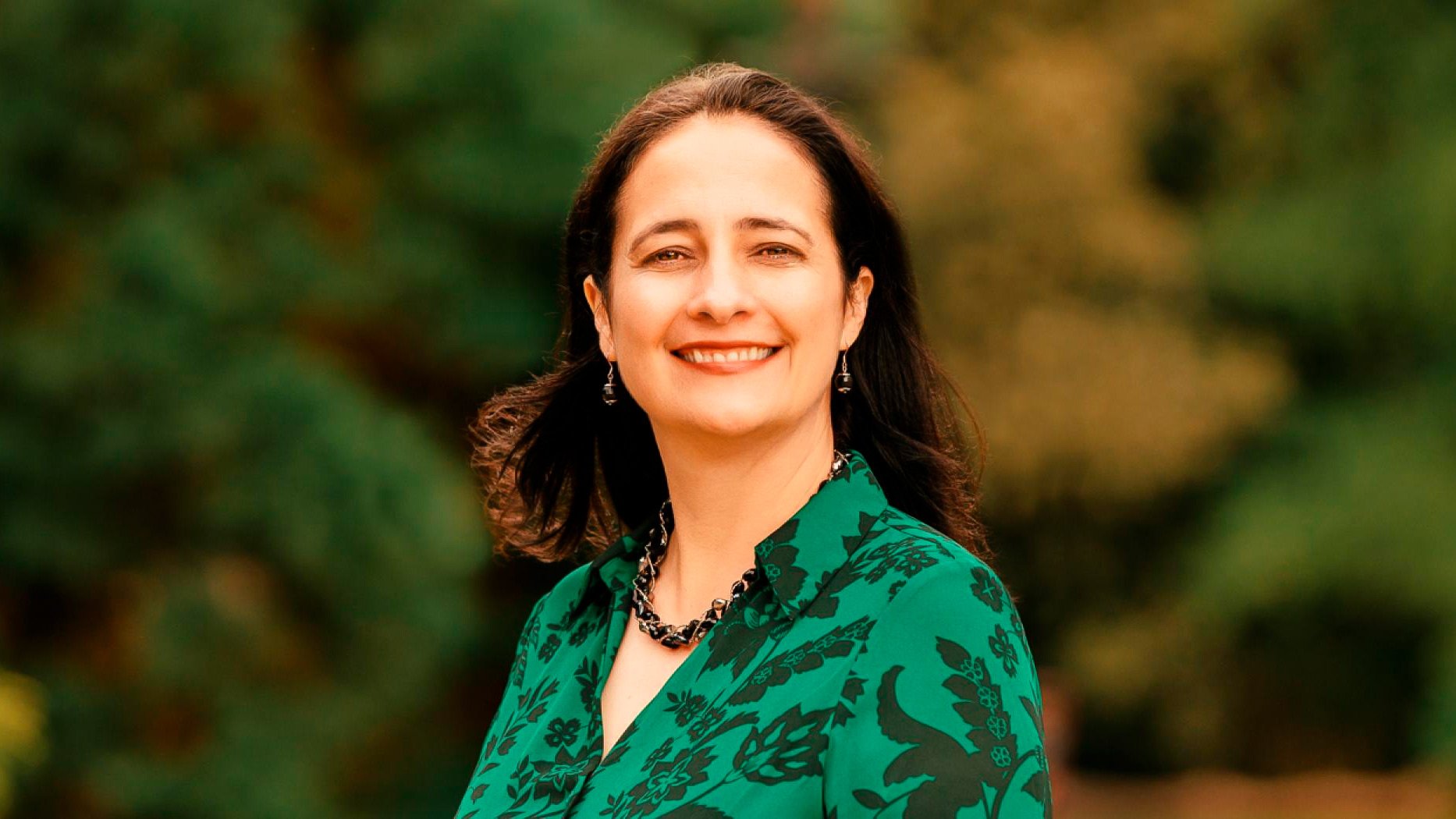Ireland’s Minister for Sport, Catherine Martin, has expressed her support for a proposed 3% increase in the betting levy if the additional funds generated are utilized to bolster domestic sports projects. However, she also stated a rise in the levy would be a matter for the Minister for Finance.
While Martin noted that money raised from the betting levy goes into the general exchequer funds, rather than being ringfences for particular purposes, she would support such a move. Speaking during a public gallery debate, Martin stated: “I would of course support any measures such as an increase in the betting levy, which could in turn feed to increase funding for sport more generally.”
The suggested levy increase, originally put forth by the Labour Party, has garnered significant attention, with TD Aodhán Ó Ríordáin leading several public meetings on the topic. The proposed levy increase aims to channel additional revenue toward the funding of domestic facilities, primarily focusing on resources for football teams.
Alongside this initiative, the Labour Party is calling for increased investment from the Irish Government, both in international and grassroots football. The Football Association of Ireland (FAI) is requesting €517 million ($569 million), or 60% of the total funding it is seeking for the years ahead, to be directly provided by the government. Another 20% is forecast to be covered by local authorities and the association would contribute the final 20%.
Former Irish football players Niall Quinn, Paddy Mulligan, and Turlough O’Connor were present in the public gallery for the debate, highlighting the significance of the topic within the sports community.
The debate also shed light on the challenges faced by clubs in accessing the current government sports capital grant program. Sinn Féin TD Chis Andrews raised concerns, stating: “Clubs need large savings to pay for projects upfront before they can draw down the grant.”
He further highlighted the disparity, mentioning that a large number of football clubs and sports clubs, in general, lack their own grounds, making them ineligible for sports grants. Andrews emphasized that “seventy-three percent of Dublin’s football clubs don’t have their own facilities.“
